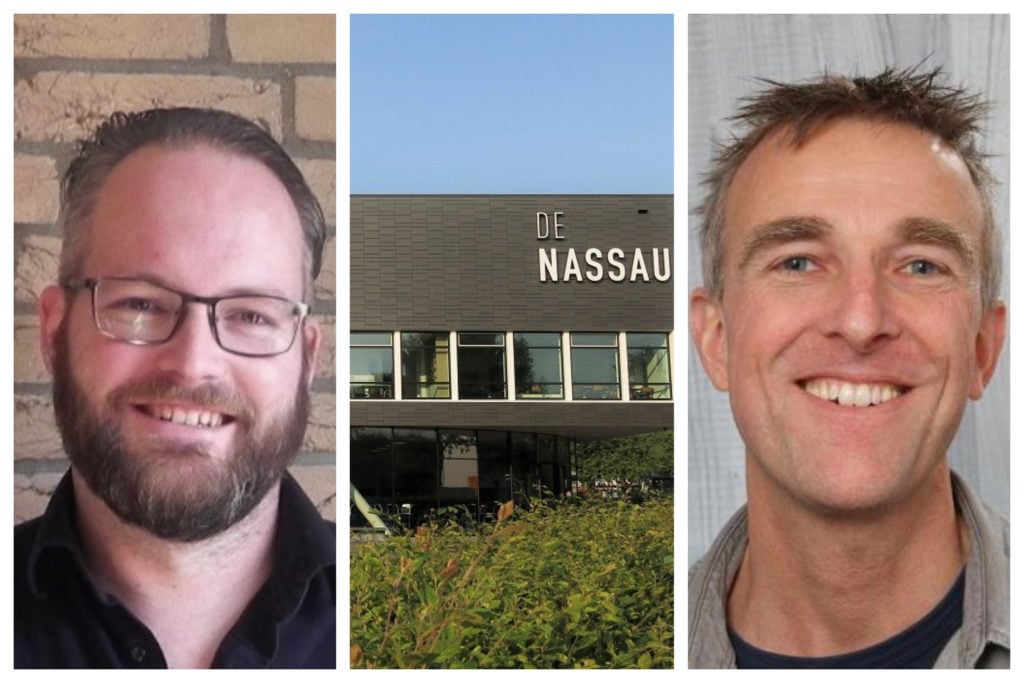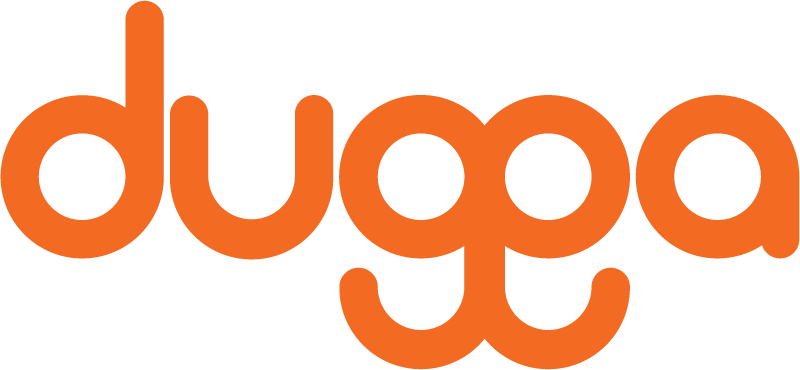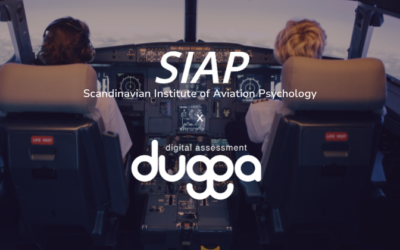
Wim den Ronde (IT manager) and Johan Pullen (IT support) work at De Nassau School in The Netherlands and have worked with Dugga for quite some time. They have both met teachers who in the beginning were a bit hesitant, and others who immediately recognized the advantages and started to work in Dugga on a daily basis, saving administrative time distributing and correcting tests digitally.
Dugga has been used at De Nassau for about 2,5 years more precisely. The school first signed up for a Dugga Free Trial Account, and later switched to a Premium Dugga License for 3 years, says Wim den Ronde. Dugga is being used more and more at De Nassau. The Teams app has made it easy for us to import students’ profiles and made administration of students’ identities less time consuming. We use Microsoft’s software at De Nassau, and Dugga instantly become an essential and integrated part in this set up.
Tell a little bit about yourself and your experience in education/administration edu platforms?
At De Nassau we started experimenting with Microsoft Forms, then we tested and evaluated digital tools such as: Woots, Quayn, and Test-correct. When after this evaluation period we tried Dugga and we discovered that it was easier to start with and simpler to learn. We were also struck by the orange color that sets the tone of the whole Dugga assessment platform. We, as Dutch, felt at home immediately! The ease of use in Dugga was as obvious for as the distinct interface color right from the start. The low threshold for getting started with exams and testing in Dugga, was critical. Not every teacher at our school is a software wizard! Once the teachers had done one test/exam in Dugga, they found it effortless to copy and make new versions of tests for different classes and occasions. This feature in Dugga is a real time-saver.
What do you believe is the best thing about your role in education?
It’s satisfying to give support to colleagues. We now have arranged a rolling scheme for training teachers in Dugga. Almost every month we demonstrate features, and we also have a close communication with Dugga’s support team who has been very helpful. We have mailed Mats and Marcus at Dugga many times and we must say that they always are there for us answering our questions, most of the time we get a reply the same day or the next day.
How has Dugga helped you in your daily work and challenges? What are your favourite features?
Wim: If I were a teacher, my favorite features would probably be the auto-correction and the simple re-use of both questions and whole tests. But as we explained, our roles are IT-educators who instruct De Nassau’s teachers to be more efficient by using technology. We look at Dugga from a more technical point of view, and our concerns are to give teachers the possibility to spend more time on teaching, and less time on administration and grading. The easy use of multimedia in questions like pictures, videos and audio is also a feature that we appreciate.
In your opinion, which are the main benefits of using Dugga?
At De Nassau we appreciate these following features: Auto-correction and that Dugga has many different question types to choose between, and the Dugga’s interface and Ease of use also of course. We hear from users that they think Dugga has a Cool design!
How do you use Dugga at your school?
Mainly for High stake exams and Auto-correcting diagnostic tests. De Nassau delegates extra attention to students with dyslexia. These students can use Microsoft Immersive Reader in Dugga for additional help while interpreting text.
How was the response among your pupils/students and parents?
Both groups like Dugga, from what we hear. We primarily have contact with the teachers though. We find it useful that Dugga has an inbuilt function with “warnings”-telling teachers that not all questions have been answered. Lastly the clear and intuitive Dugga interface while taking the test, this is also much appreciated.
How are you planning to use Dugga onwards?
Some teachers adapted to Dugga from day one, others had a more wait and see approach. Further ahead we are convinced that we will see an increased usage of Dugga. It’s an advantage to develop teaching methods in one common assessment platform which offers flexibility and standardization at the same time. Some teachers were surprised that the students did their exams in 20 minutes in Dugga, instead in 40 minutes with traditional methods. The teachers therefore had to create more questions digitally, which meant that the relative sum of failed answers had less impact on the final score of the whole test. The students answered more questions and got better learning results and better grades. For us this was a very positive and surprising effect of using Dugga! Our goal for the future is to integrate Dugga further at De Nassau, and we of course hope that Dugga will keep on launching new features that we can use in the future. The platform’s interface was already when we started available in the Dutch language, which was of course helpful for students and teachers at our school.



